Russia lowers nuclear weapons threshold after US allows Ukraine to use missiles
Russian President Vladimir Putin has lowered the nation's nuclear weapons threshold after the United States gave Ukraine the green light recently to use Western-supplied long-range missiles to strike targets deep inside the country.
Putin on Tuesday signed a decree revising Russia’s nuclear doctrine to indicate the Kremlin's preparedness to respond aggressively to Ukrainian strikes on Russian territory with American long-range missiles.
On Monday, the Kremlin had censured US President Joe Biden over his decision to allow Ukrainian forces to use American long-range missiles to strike targets inside Russia.
The Kremlin criticized the outgoing Biden administration, saying it aimed to escalate the West's proxy war in Ukraine into a direct conflict with Russia. “It is clear that the outgoing administration in Washington intends to take steps to continue to add fuel to the fire and to further inflame tensions around this conflict,” Putin’s spokesperson, Dmitry Peskov, told reporters.
Asked by reporters whether Russia would respond with nuclear weapons to Ukrainian strikes on sensitive targets deep inside Russian territory, Peskov said the revised version of Russia’s nuclear doctrine “reserves the right” to use such weapons to respond to a conventional-weapons attack that creates a “critical threat” to the state's “sovereignty and territorial integrity.”
Peskov explained that Russia's “nuclear deterrence is aimed at ensuring that a potential adversary understands the inevitability of retaliation in the event of aggression against the Russian Federation and/or its allies.”
The revised version of Russia’s nuclear doctrine asserts that the state could use nuclear arms in the event of an attack by a nation backed by a nuclear power. The doctrine’s publication on Tuesday appeared to be the latest suggestion from the Kremlin that Russia could use nuclear weapons to respond to attacks by Ukraine carried out with American support, and that the response could be directed against American facilities as well as Ukraine itself.
“Aggression against the Russian Federation and (or) its allies by any nonnuclear state with the participation or support of a nuclear state is considered as their joint attack,” the new doctrine specifies.
The old doctrine had a higher threshold for the kind of conventional attack that could trigger a nuclear response by Russia. It said Russia's nuclear deterrence was directed mainly against countries and alliances that have nuclear weapons. It also specified in order to require nuclear retaliation by Russian forces, an attack must threaten “the very existence of the state.”
Former Russian president Dmitry Medvedev, who is vice-chairman of the Russian Security Council and a close Putin ally, wrote in a social media post that under the new revised version of Russia's nuclear doctrine, Ukraine's use of long-range missiles provided by the US-led NATO countries “can now be qualified as an attack on Russia” by the North Atlantic Alliance.
“In this case, the right arises to launch a retaliatory strike with weapons of mass destruction against Kiev and the main NATO facilities, wherever they are.”
Since Russia launched its special military operation in eastern Ukraine in February 2022, the US-led Western alliance has been flooding Ukraine with weapons and munitions.
Shortly after Russia launched its military campaign in Donbas, Medvedev warned the West that if it supplied Ukraine with weapons, the move would increase “the likelihood of a direct and open conflict between NATO and Russia.”
The US, the UK and Germany had reportedly supplied long-range missiles to Ukraine months ago. However, till now the US government had prevented the Kiev forces from using them to strike deep inside Russia.
US President-elect Donald Trump, who has long been critical of US military aid to Kiev, returns to the White House in January.
He repeatedly said during his election campaign that he would end the war in Ukraine “in a day” without going into specifics about how he intends to achieve the truce.
VIDEO | Press TV's news headlines
Palestinian factions denounce US for offering ‘consular services’ inside West Bank settlement
Iran, Oman FMs meet ahead of third round of indirect nuclear talks with US
VIDEO | UN commemorates Mother Language Day with celebrations
VIDEO | Pakistan, Afghan Taliban trade accusations after border clash
VIDEO | Venezuela races against time to rebuild homes bombed by US
Ex-IAEA chief warns US of ‘horrific’ costs of war on Iran
India’s Modi visits occupied territories to deepen ties with Israel despite Gaza genocide


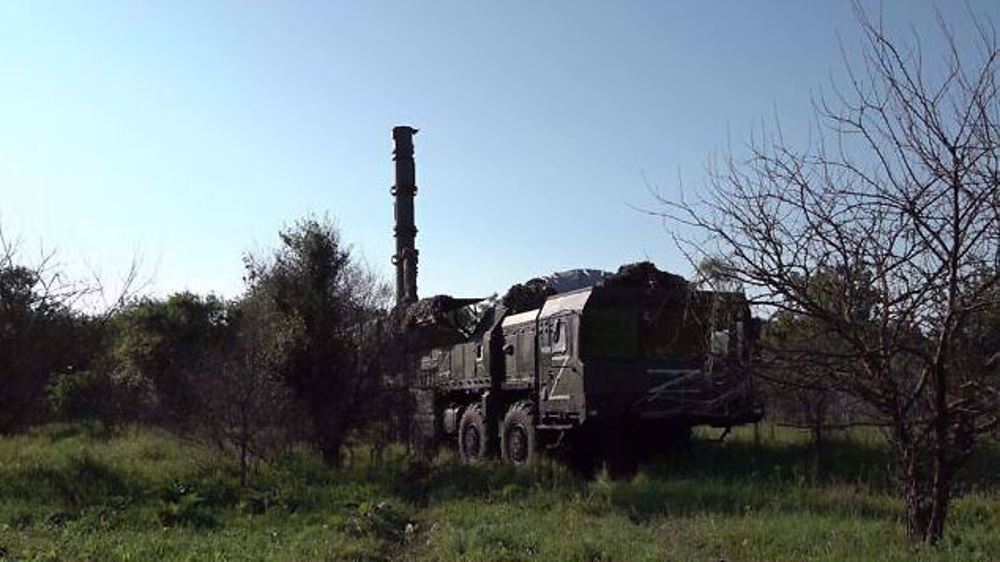
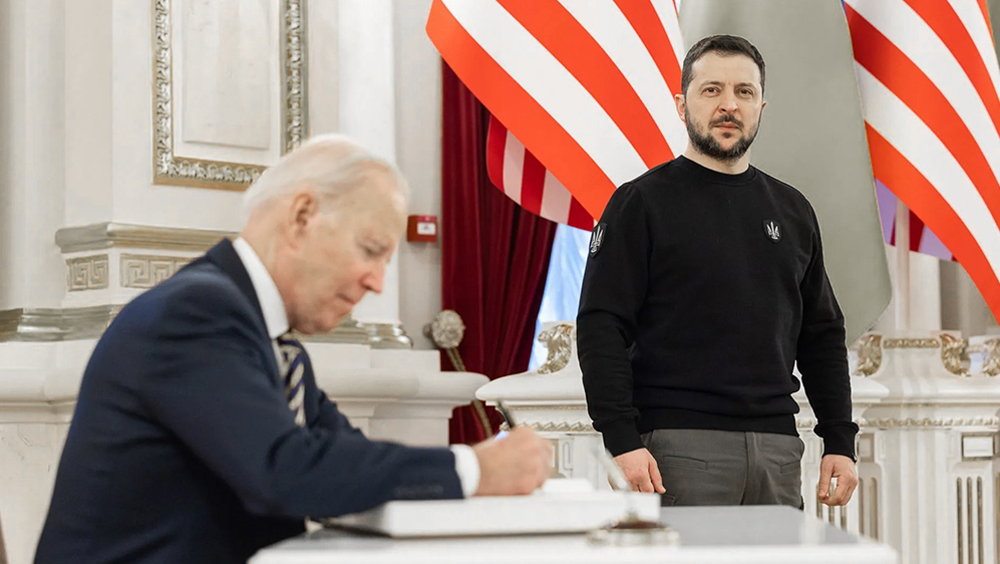
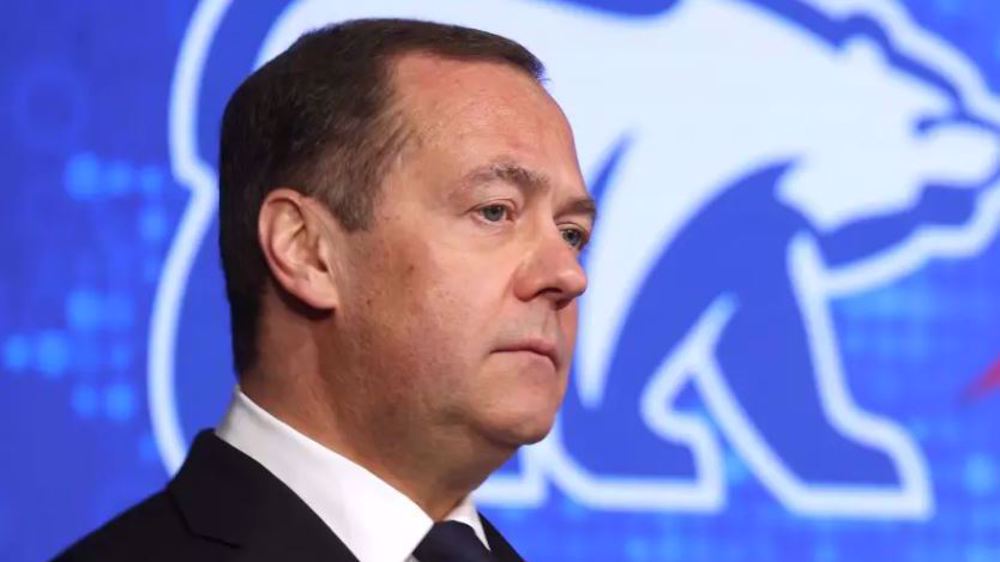
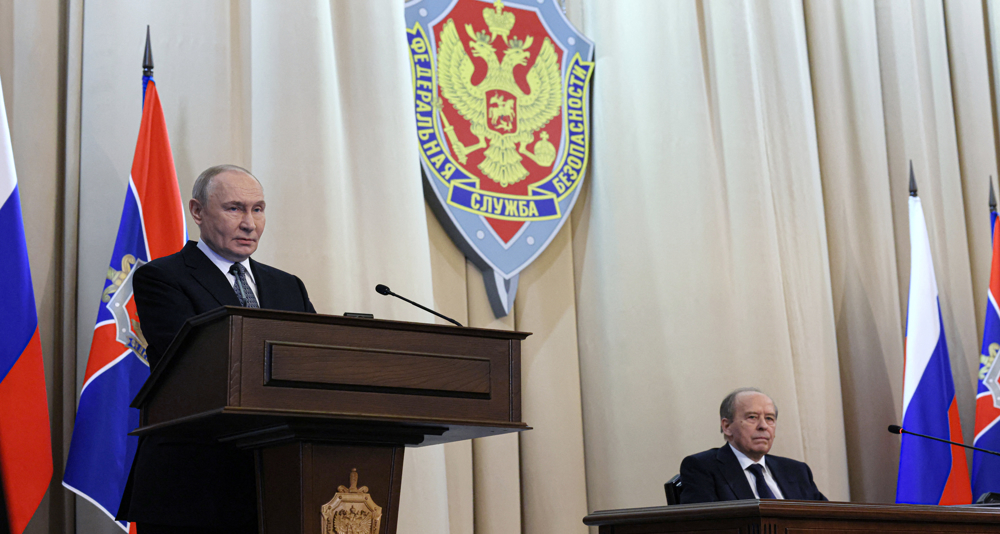
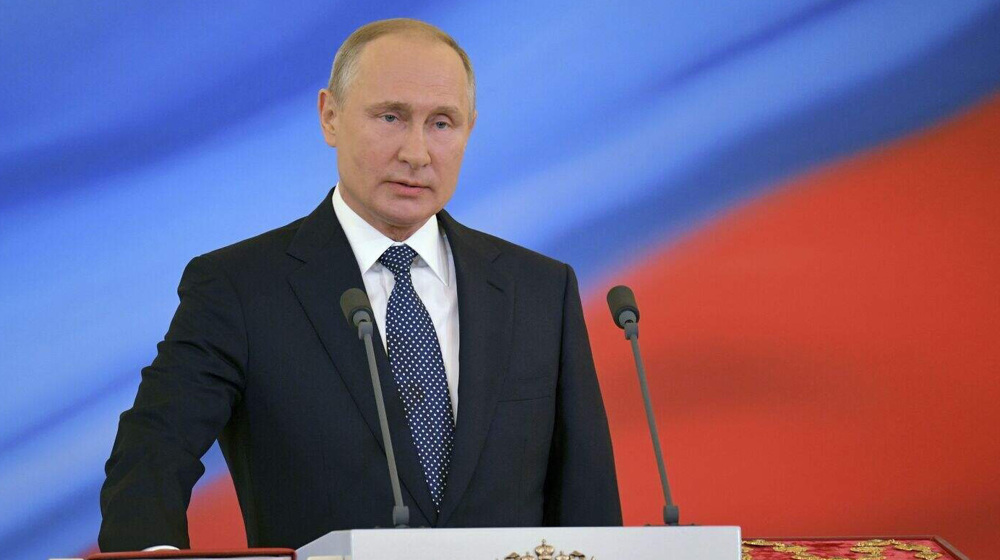
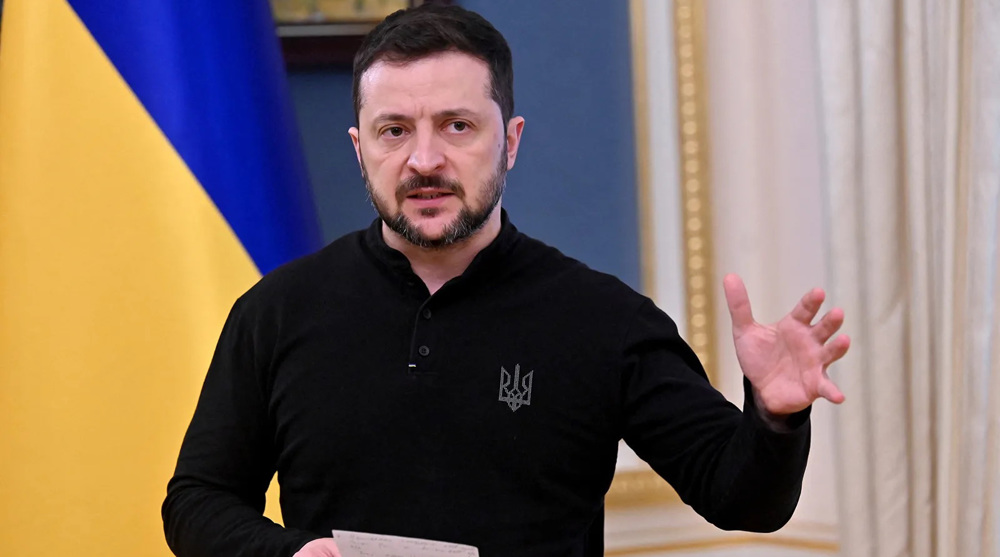



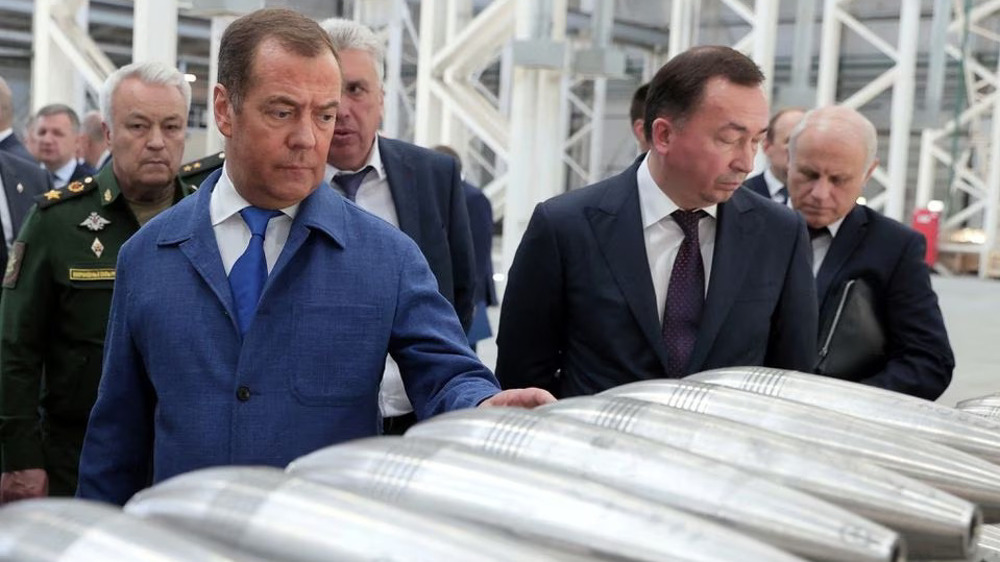
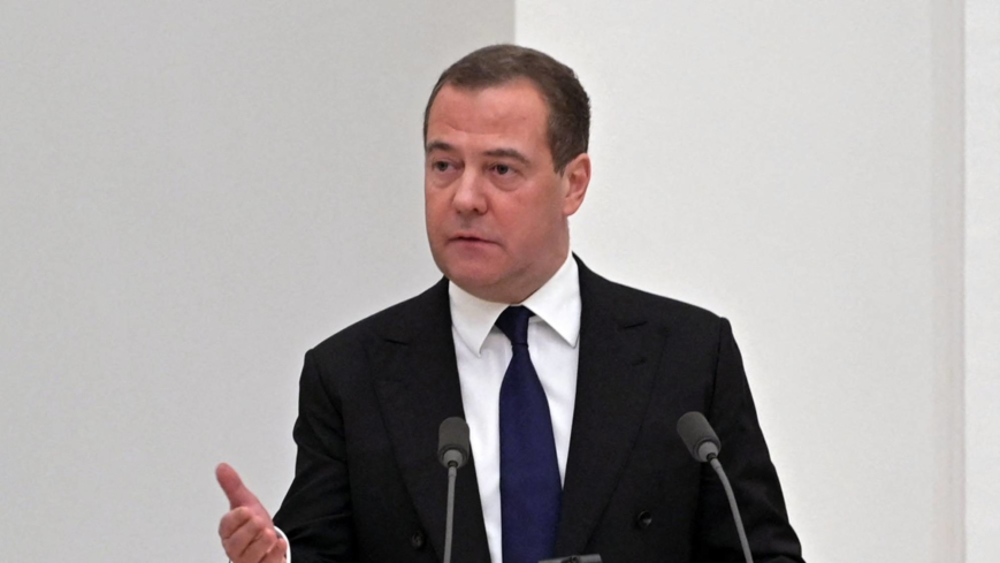
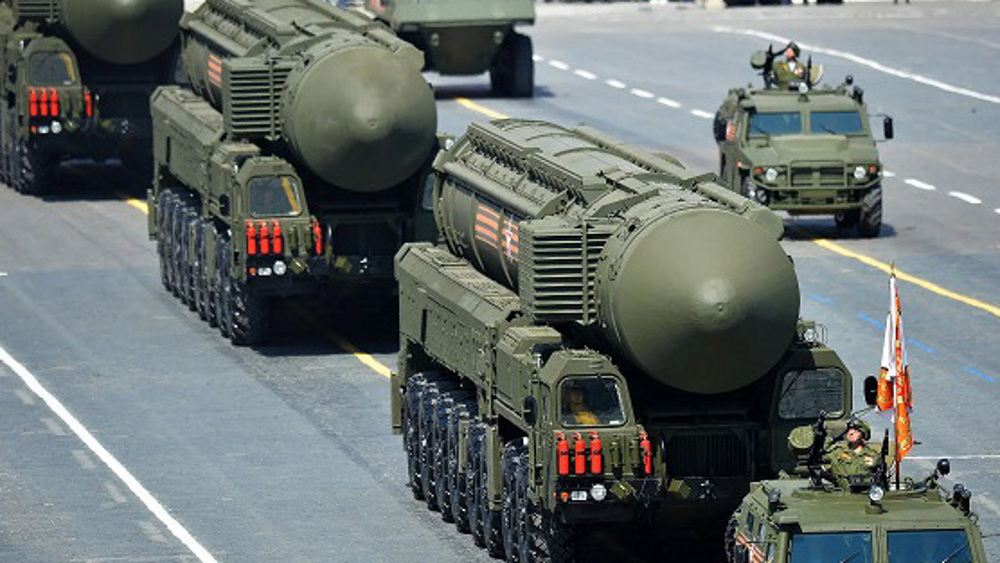
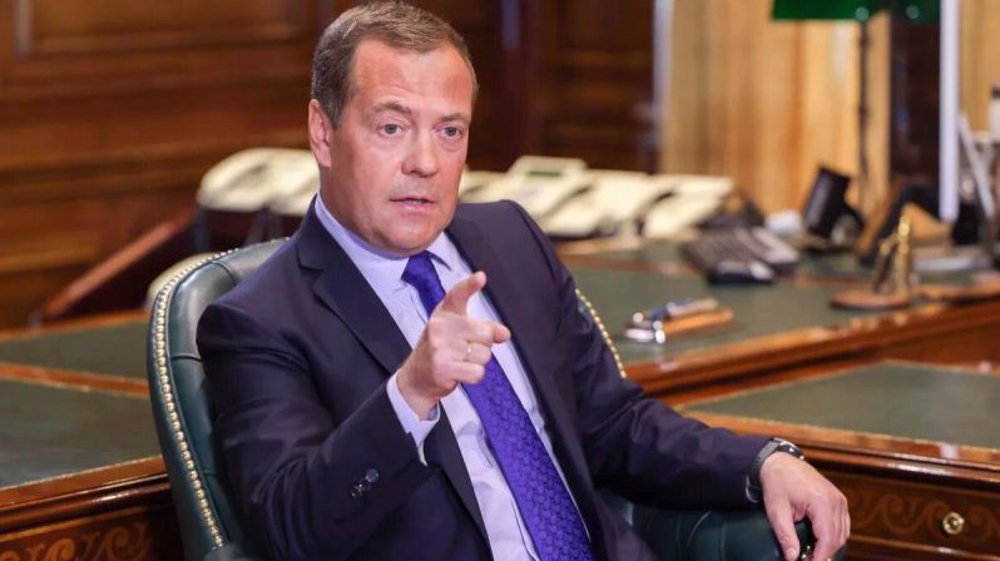
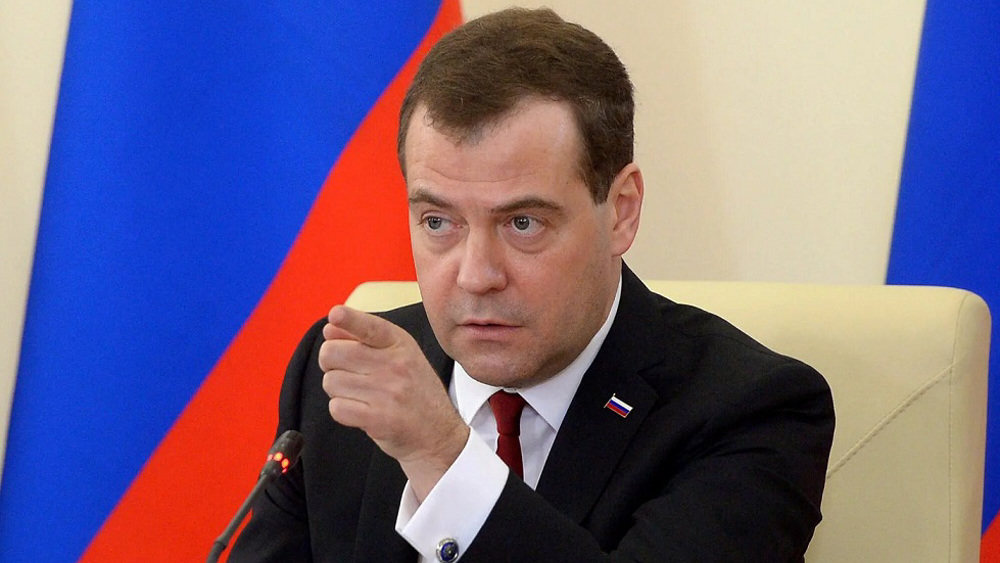
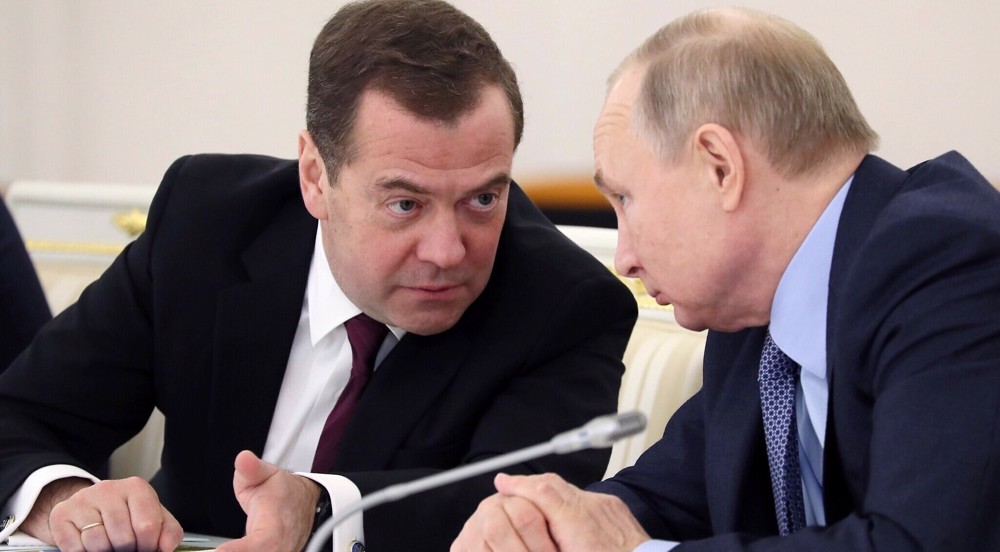

 This makes it easy to access the Press TV website
This makes it easy to access the Press TV website